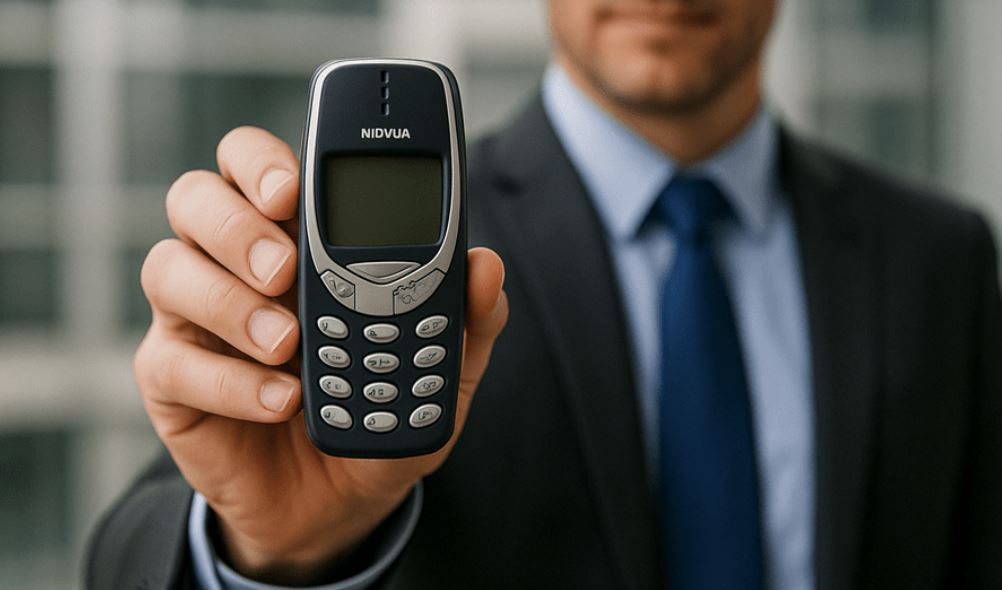
It started quietly—a few isolated cases, whispers among travellers detained without warning at U.S. airports. But now, the alarm is growing louder.
Countries like France, Denmark,
Germany, and Ireland have joined Canada in issuing a striking new advisory to
their citizens: if you're travelling to the United States, consider using a
burner phone.
What was once advice reserved for
trips to authoritarian states is now being applied to one of the world’s most
popular tourist destinations.
Travellers are now being advised to wipe personal data from all
devices before travel, avoid logging into personal email or social media
accounts while in the US, use encrypted cloud storage instead of local files
and minimise device use at customs to reduce exposure
Other recommended best practices
include wiping devices, backing up all data to the cloud, avoiding sensitive data
storage such as political or professiona information, using incognito browsers or logging out of all personal accounts, and complying fully with visa rules
The warning stems from a rising tide
of reports involving travellers being detained, interrogated, or even deported
at U.S. borders, despite holding valid travel documents.
In Germany, the Foreign Office has
documented multiple incidents where citizens were denied entry, detained
without a clear explanation, and placed on return flights.
Canadian officials have updated
their travel guidelines, too, urging citizens to register with U.S. authorities
if their visit extends beyond 30 days. Failure to do so, they warn, could lead
to legal consequences.
Behind the scenes, even the European
Commission has taken steps once unthinkable for U.S. travel.
Officials heading to America are now
issued burner phones and anti-espionage sleeves—tactics once reserved for
travel to China.
The message is clear: data privacy
at the U.S. border is no longer a guarantee.
For many, the concern isn’t just
about detention—it's about digital surveillance.
Border agents in the U.S. have
sweeping authority to search personal devices, download information, and
question travellers about their contacts, social media accounts, and even
political beliefs.
The threat to journalists,
activists, and LGBTQ+ travellers is particularly acute.
Recent rollbacks on transgender
passport policies in the U.S. have added another layer of anxiety.
Travellers whose gender identity doesn't match
what is legally recognised by U.S. authorities are finding themselves at heightened
risk of scrutiny and discrimination.
The collective move by these nations
to protect their citizens sends a powerful message: even in the free world,
privacy and personal safety are no longer assured at every border









